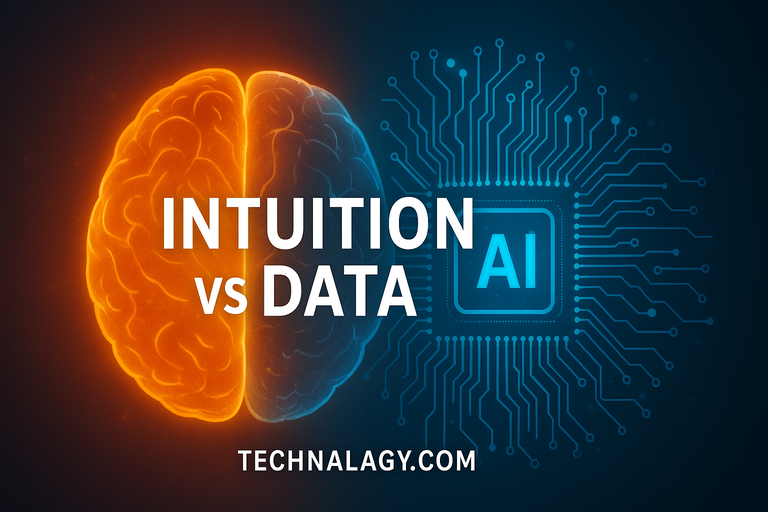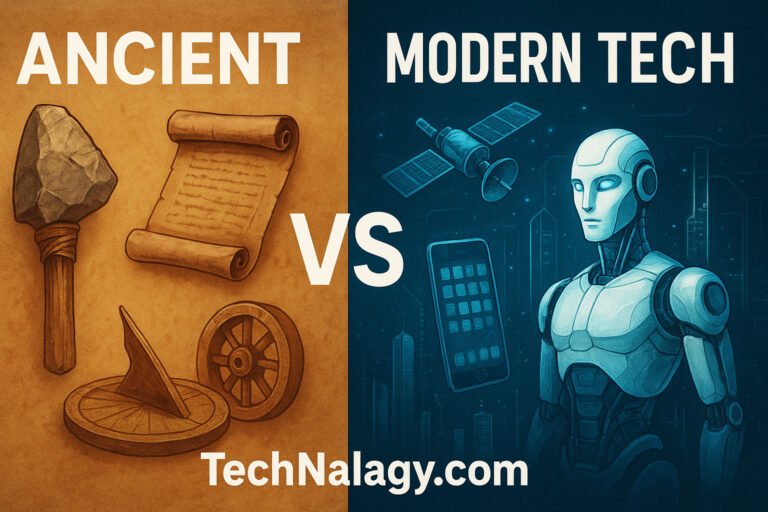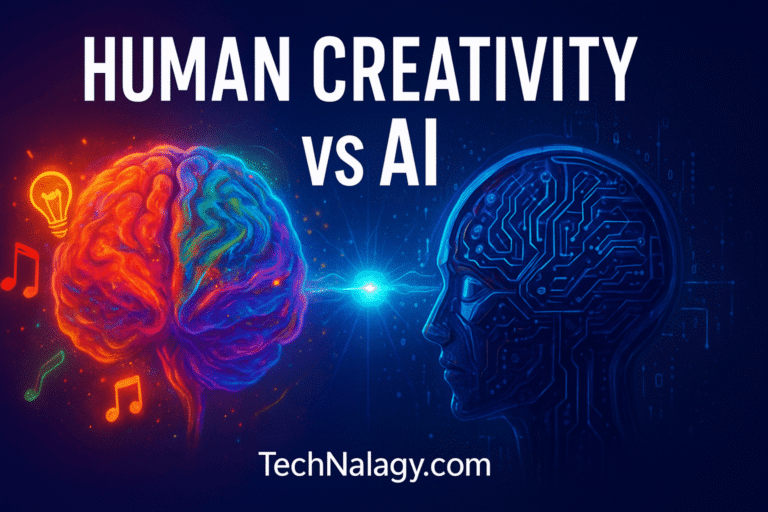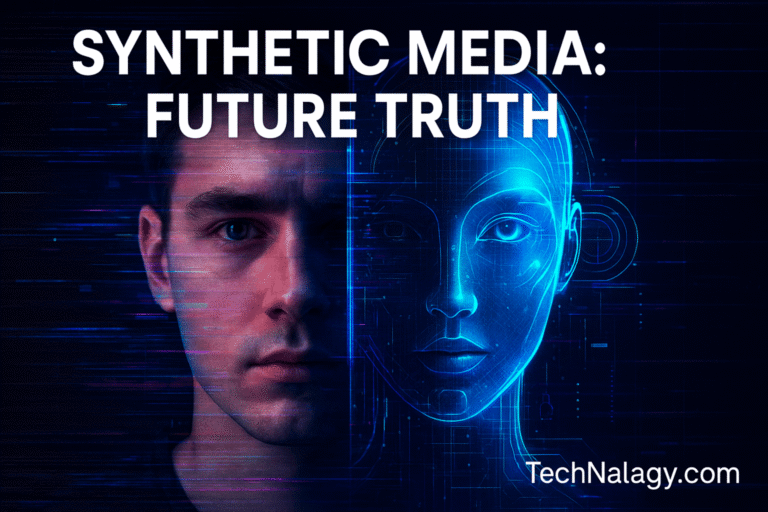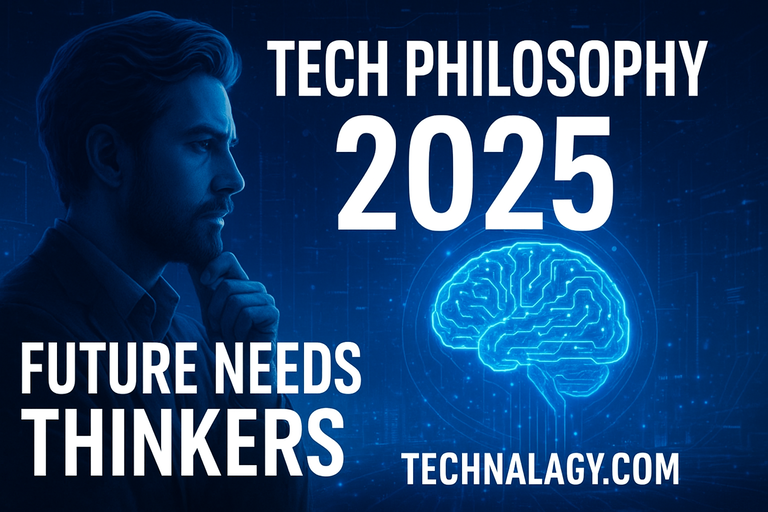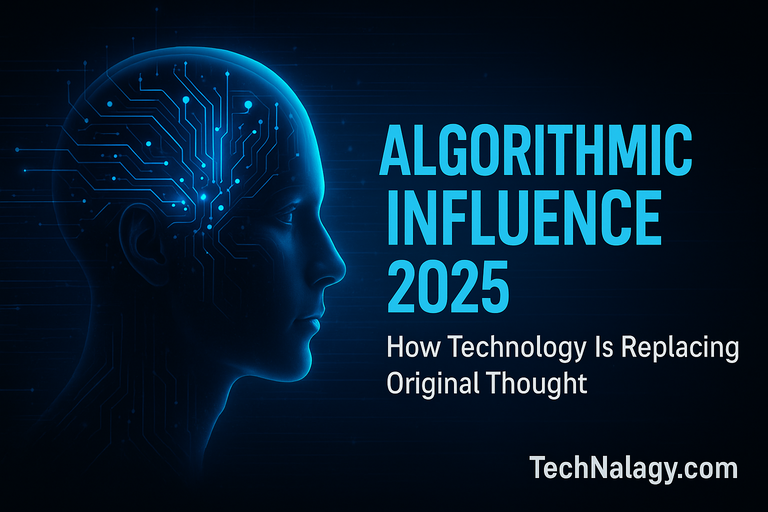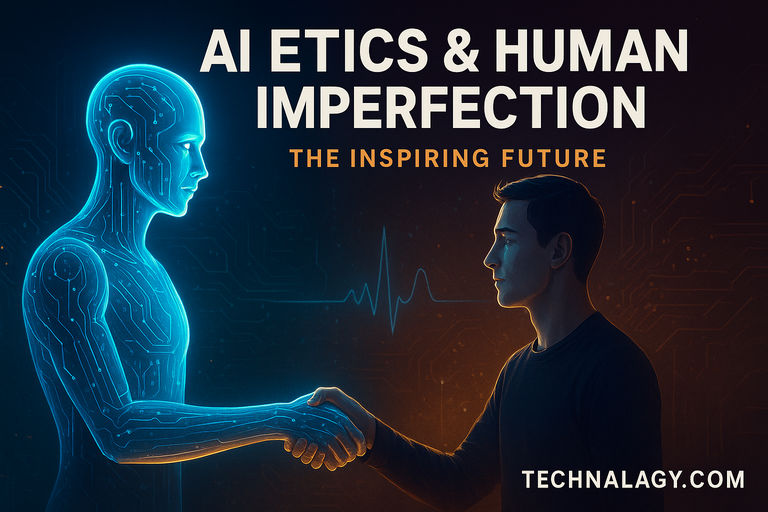Beyond the Algorithm: Why Intuition Still Beats Data in the Age of AI
Introduction: The Human Edge in a Machine-Led World
In an age defined by algorithms and automation, the battle of intuition vs data AI has become one of the most pressing debates in modern technology. Artificial intelligence can process billions of data points in seconds, detect trends humans overlook, and even predict future outcomes with astonishing accuracy. Yet despite its precision, something deeply human still outperforms all that data — intuition.
Intuition, the ability to make quick and accurate judgments without conscious reasoning, is more than guesswork. It’s a synthesis of experience, emotion, and pattern recognition — something machines can analyze but not truly feel. As the world increasingly relies on AI-driven decision-making, understanding why intuition still matters may be the key to preserving what makes human intelligence truly intelligent.
Table of Contents
Understanding the Clash — Intuition vs Data AI
The clash between intuition vs data AI is not about rejecting technology; it’s about redefining how humans coexist with it. Data-driven systems, from machine learning algorithms to neural networks, excel at structured reasoning. They can predict consumer behavior, optimize logistics, and analyze risks — but they operate purely on logic and input.
Human intuition, by contrast, works in the gray areas where data often falls short. It considers emotion, ethics, and lived experience. For instance, a doctor’s “gut feeling” about a patient’s condition often stems from subtle cues — tone of voice, facial expression, or a symptom pattern not yet recorded in medical data. These micro-insights, though intangible, are often decisive.
The real conflict isn’t between humans and machines; it’s between quantifiable data and qualitative judgment. Where AI sees probabilities, intuition sees possibilities.
The Rise of Data Dominance in Modern AI
Over the last decade, data has become the world’s most valuable resource. Companies like Google, Amazon, and Tesla thrive on machine learning systems trained to make decisions faster than humans ever could. In this data-driven age, success often seems to depend on how much information you can collect and process.
But data, no matter how vast, is not wisdom. It reflects patterns of the past — not necessarily the nuances of the present or the unpredictability of the future. When we depend exclusively on data, we risk creating what researchers call “algorithmic blindness” — the inability to see beyond patterns the machine recognizes.
When Numbers Miss the Narrative
Real-world examples show how overreliance on AI can lead to misjudgments. Predictive policing algorithms, for instance, have been criticized for perpetuating racial bias due to flawed historical data. Similarly, AI-driven hiring tools once rejected qualified candidates because they didn’t fit the model trained on biased datasets.
These cases highlight a critical truth: data can only reflect what it’s been given, not what it has yet to learn. Human intuition, however, thrives in uncertainty — it can sense when something “feels off” long before the data catches up.
Why Intuition Still Matters in the Age of AI
In the competition of intuition vs data AI, intuition remains the ultimate differentiator. It’s the invisible thread behind creativity, empathy, and innovation. While algorithms rely on existing knowledge, intuition often leads to new discoveries that data could never predict.
Think of breakthroughs in art, science, and entrepreneurship — most began not with perfect data, but with an intuitive leap. Steve Jobs famously described intuition as “more powerful than intellect.” In technology, that translates to taking bold risks, making creative connections, and sensing what users want before they know it themselves.
The Role of Intuition in Decision-Making
Psychologists define intuition as “the ability to understand something immediately, without the need for conscious reasoning.” It draws from subconscious experience, emotional intelligence, and situational awareness — factors AI cannot quantify.
In business, leaders often combine data with intuition to make judgment calls that numbers alone can’t justify. This human layer gives meaning to metrics. For example, when discussing practical AI applications, you can explore real-world insights from AI in Everyday Life — where human oversight remains central to effective decision-making.
Can Machines Learn Intuition? The Limitations of Data
As AI systems grow more complex, researchers are trying to teach them something resembling intuition. From emotional AI that recognizes facial expressions to neural systems that simulate human reasoning, machines are inching closer to understanding context — but not quite reaching it.
Projects in neuro-symbolic AI, for instance, combine logic-based reasoning with neural networks to create systems that mimic human thought processes. These attempts, while impressive, still lack emotional awareness and moral depth. For a deeper look into how this field is evolving, see The Rise of Neuro-Symbolic AI 2025.
AI can imitate intuition through prediction and pattern learning, but it cannot replicate the why behind human insight. Intuition is shaped by personal values, memories, and experiences — elements that no algorithm can fully capture.
The Ethical Dimension — Why Intuition Balances AI Bias
Data doesn’t exist in a moral vacuum. Every dataset reflects human choices — what to include, what to measure, what to ignore. This creates bias, even in systems designed to be objective. That’s where intuition steps in as a counterbalance.
Intuition allows humans to sense when something is ethically wrong, even if the data supports it. It’s a moral compass guiding decision-making where algorithms have no conscience. You can explore this deeper ethical discussion in AI Ethics and Human Imperfection — which emphasizes how flaws in human judgment can also prevent larger systemic errors.
As AI becomes more integrated into society — from facial recognition to financial markets — we’ll need more human intuition, not less. It’s intuition that ensures fairness, empathy, and accountability.
Data Without Intuition — The Hidden Risks of Over-Reliance
When organizations rely too heavily on algorithms, they risk losing human perspective. Over-automation can lead to cold, data-only decision-making that ignores emotional and cultural contexts.
In healthcare, this could mean missing early signs of distress that only a human doctor might notice. In finance, it could mean making decisions that are profitable but ethically questionable. And in creative industries, it could lead to output that’s technically perfect but emotionally flat.
According to recent insights from MIT Technology Review, even the most advanced algorithms still fail to interpret nuance — humor, sarcasm, empathy — with full accuracy. These are areas where intuition thrives, allowing humans to connect meaning and emotion beyond data points.
The irony is that the more we automate decisions, the more we need intuition to guide the automation. Without it, we risk a sterile, overly efficient world that lacks creativity and compassion.
The Future — Blending Human Intuition and Artificial Intelligence
The future isn’t about choosing between intuition and data; it’s about combining them. Hybrid intelligence — a partnership between human insight and machine learning — represents the next stage of progress.
Imagine AI systems that assist doctors, not replace them; algorithms that support creative brainstorming instead of dictating it. The balance of intuition vs data AI could define how technology evolves in the next decade.
For innovation to remain truly human, intuition must not be seen as a weakness, but as a strength that complements computational power. The more data we gather, the greater our need to interpret it wisely — and that wisdom comes from intuition.
Conclusion: Rediscovering the Human Code
Artificial intelligence has changed how we think, create, and decide. But despite its sophistication, AI still lacks the spark that makes human thinking extraordinary — intuition. The silent sense that tells us when to take a risk, when to trust our gut, or when something feels wrong even if the data says otherwise.
In the long debate of intuition vs data AI, the answer isn’t opposition — it’s integration. We need both. Data gives us precision, but intuition gives us purpose. Together, they form a synergy that defines the next era of technology: one where machines calculate, but humans understand.

Kamran Khatri is the founder of technalagy.com, where he shares insights on AI, future tech, gadgets, smart homes, and the latest tech news. Passionate about making innovation simple and accessible, he writes guides, reviews, and opinions that help readers stay ahead in the digital world.

